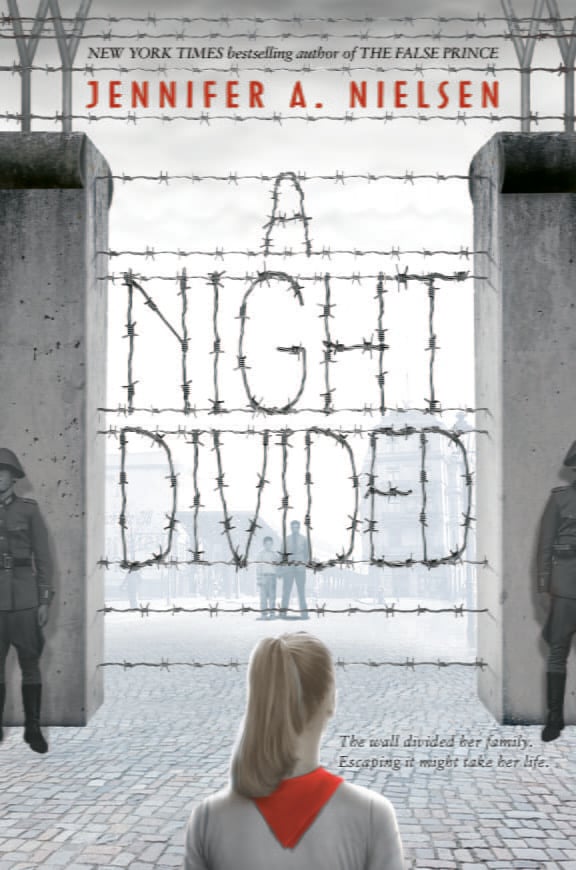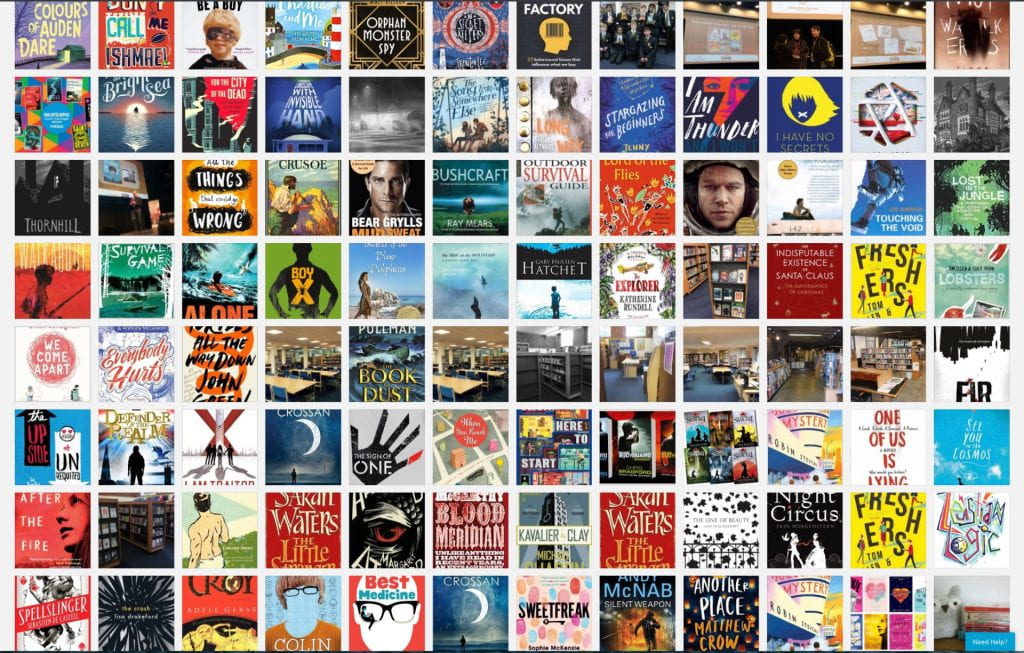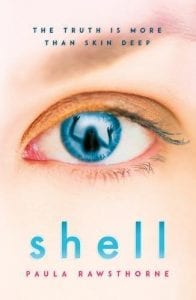A Night Divided by Jennifer A. Nielsen
Book of the Week: 22 November 2020
It is Sunday August 13th1961 when Gerta, her brother Fritz and their mother wake in their Berlin home to see barbed wire fences dividing them from, not only West Berlin, but from Gerta’s father and older brother Dominic who had been visiting the West for a couple of nights. The fence is being guarded by the Grenztruppen, the border police, who carry rifles and are not facing the supposed enemy of the West, but instead stopping those in East Berlin from escaping communist rule.
At first, the family’s main worry is separation. Then, because Gerta’s father is considered a dissident, the Stasi (the secret police) bug their flat and the family arouse the suspicion of neighbours and friends. Gerta and Fritz long to escape. Are they prepared to risk being shot and how will they cross the Wall and the Death Strip to reach the other side and freedom?
This book is fictional, but is based on true stories from those who lived with the Berlin Wall for twenty-eight years and those who escaped. It provides a vivid picture of what it must have been like to live in an anxious and oppressed society where the secret police had huge powers and so many people were informants. The author points out that there was one police officer for every166 citizens, whereas the Gestapo had one officer for every 2,000 citizens and the KGB one for every 5830 people. The book provides a valuable history lesson in the form of a tense thriller.
If you would like to read more fiction with this setting, try ‘Sektion 20’ by Paul Dowswell. Year 8 are looking at politics in literature with particular reference to George Orwell, so here is my reading list on that theme:
















